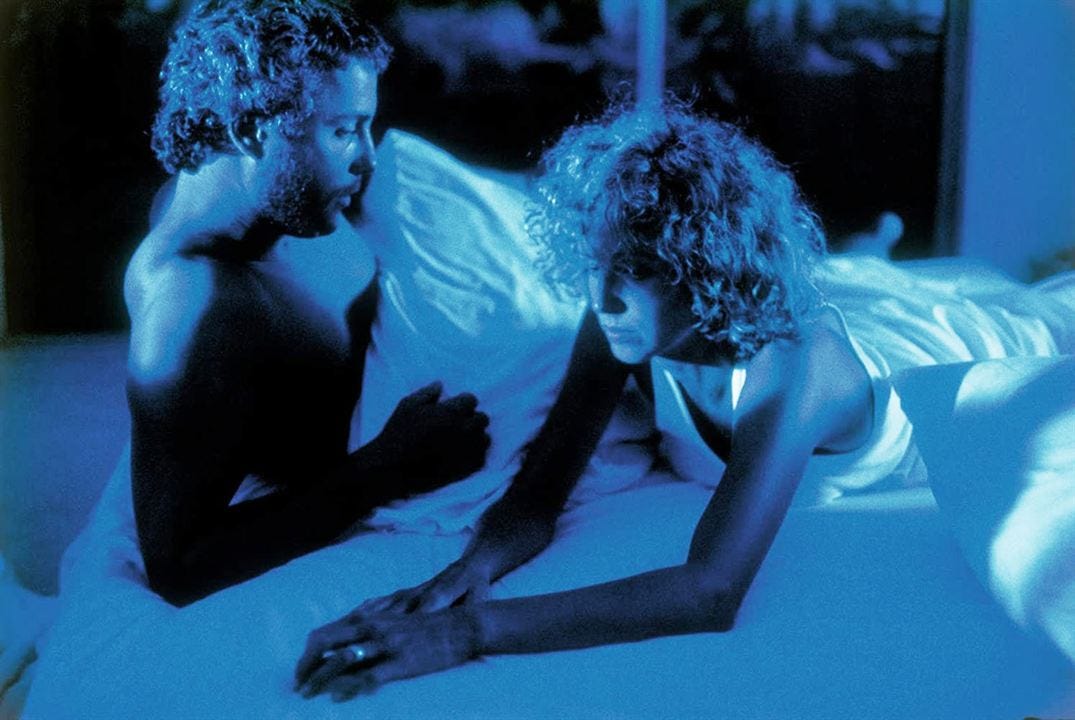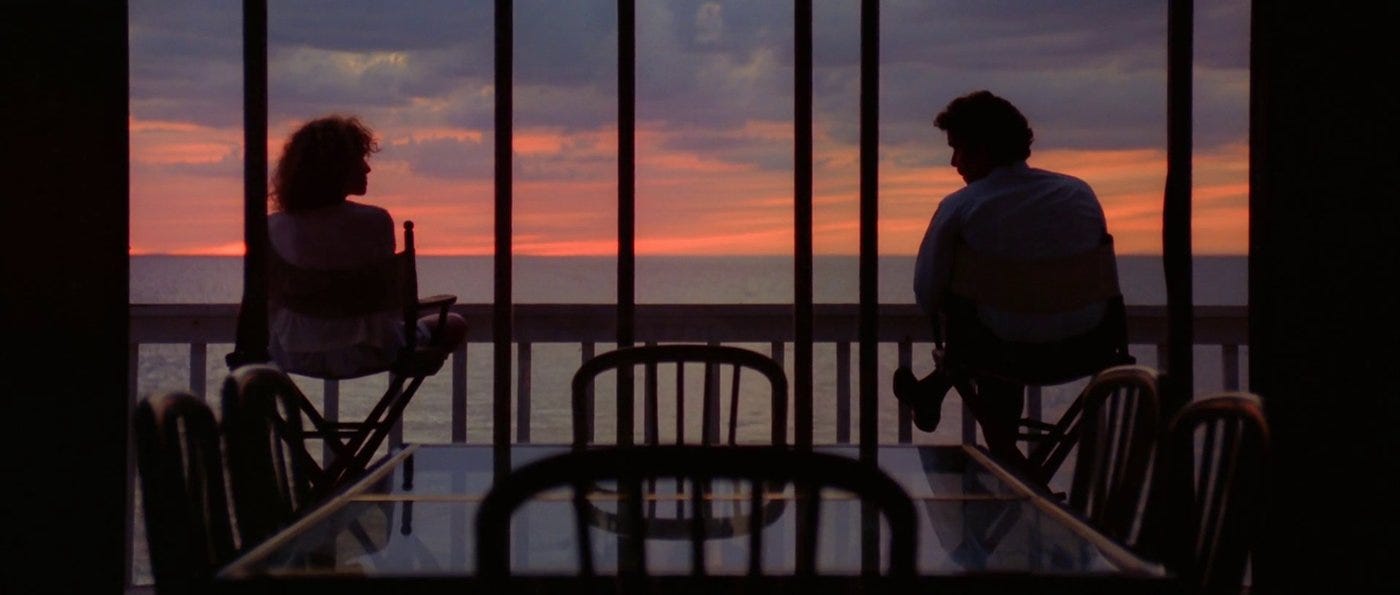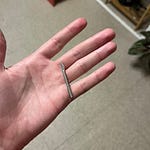What it means to write about oneself online has changed dramatically in the 15 years since I’ve come of age.
In high school, I was taught to regard my beloved white lady Confessional poets, who spilled the secrets of feminine domesticity1, as gifted but undisciplined creative accidents, forces of nature to be diagnosed and controlled, while their male counterparts’ indiscretions were taken for granted. In college, I was assigned Pamela and Shamela, 18th c. epistolary novels written by men from a woman’s perspective, which I half-read while developing my Online Voice, then still in its infancy, with the brand-new technology of the Facebook status update2. In my twenties, most everyone who wanted to make money as a writer—including me—failed to resist the tech-enabled trauma farms, from Gawker to Bustle to Buzzfeed, that shilled out payment as generous as $50 and as scant as exposure or spreading awareness in exchange for our highly clickable tales of sexual assault, workplace abuse, medical violence, and state terror.
One would think, now that everything from birth onward is livestreamed, and fights, funerals, and federal murder are uploaded, viewed, and shared indiscriminately, that writing about oneself online in 2021 would have lower stakes. To divulge, to share, to spill—shouldn’t the bar for exposure (derogatory) be lower, now that we’re post-personal essay, post-finsta, post-OnlyFans mainstreaming, post-Jeff Toobin?
And yet, as someone who has now lived the majority of their life online (which is saying something, unless you’re a Zoomer), I’m not sure that it is. The facial-recognition software is more sophisticated (though ever-skewed), the targeted ads more insistent, the internet as Wild West now Gone With The Wind. Anonymity is harder to come by, is what I’m saying, while the pressure to blend self and brand has an inverse relationship with the returns that diminish with every passing every year.
Nevertheless, I think I’ve struck a balance of self-revelation. Because of course I must reveal myself. I can’t not. To the extent that my writing must display my stakes in a given subject—as a gay person, a trans person, a sick person, etc.—it’s unavoidable. But for the most part I am able to write about myself on my terms, because these days I am both wise and lucky enough that I don’t need to do it out of fear or a sense of scarcity. That is, I no longer write in a way that makes me feel vulnerable (though whether or not it actually makes me vulnerable is another matter).
This is a skill that we, as online writers, many of us working for free or damn near, hopefully learn over the years, the remnants of our lessons so much detritus caught in the gears of the wayback machine. Comfortably grown-up and carefully employed by someone who pays me to write stuff that isn’t mine, I can publish about fucking for money or family estrangement without sitting up nights, sweating through my sheets, because, sensitive as these topics are, I have not exposed myself despite myself. If I am revealing, it’s because the revelation has already been resolved (likely in therapy), and this is an advantage of aging and a privilege of mental health care.
This does not mean I am not on my guard. I write so much, and about so many things (though I do have my beat), that it’s easier to locate my soft underbelly by looking at what I’m not writing about. And since DAVID began, what I have not written about the most is my girlfriend. I mention her here and there, sure, but she has remained separate from all of this, and that is by design.
Recently, Jade mentioned this separation. She wasn’t reproachful, but she has noticed that while I have written about exes, sex, and X, she rarely makes an appearance.
Oh, really, I replied. But that was a feint. I, too, have wondered why she almost never leaves my journal.
Is it because I don’t know what to say? I have spent hours wondering how I would write her brown eyes or her cheekbones for the benefit of someone who has not seen them; on the way these features shimmer and transform as my feelings for her deepen. A Grecian urn, a Lascaudian wall, an aubade would be better formats than prose, I often think. Words, or mine anyway, don’t do justice. But then justice implies balance, equity, a measuring of sorts, and what I want to say is not to be calculated.
Not long after Jade and I started dating, we watched Manhunter (1986) for the first time together, and it swiftly became a dyadic shorthand, an ur-text for a relationship that I did not expect to happen, work, or last. In the two years since we met—including the six months that we were separated by the pandemic—we have found such pleasure in cinema, a glowing safe haven amidst all of this. Manhunter especially and in particular activates a certain sanguinity that we somehow share, bringing us to the edge of the separation that lovers must live by.
“It's hard to have anything, isn't it? Rare to get it, hard to keep it. This is a damn slippery planet,” says Molly, Manhunter protagonist Will Graham’s wife, in an eddy of calm hollowed from dread and carnage. It’s a watchful, searching film, but in their scenes, Will and Molly look at each other. “Slick as hell,” he replies.
In honor of Manhunter, I spent a year researching and writing a middling essay for a website with the respectable but small twitter following of 33K. I was paid $1003. I read two books, watched the film at least a dozen times, talked about it endlessly, wrote around and toward it, pitched and haggled with editors and proofers, suffered my final 11th hour overnighter—all for a piece that will surface and sink like a bubble on the Pacific. It’s not about Jade but it’s not not about her, or us. Even though I’m happy with the end result, it does not say what I originally wanted it to say, which would have gestured toward, at least, why I need her.
Why don’t I write more about Jade? The closest I’ve come is an essay about a cult-classic horror thriller released the weekend she was born. But I’ll keep trying. I know the value of our days.
David tweets at @k8bushofficial. Preorder their second novel, X (Catapult, 2022), here.
Subscribe to support GOOD ADVICE/BAD GAY, an advice series from an anonymous gay therapist who’s not afraid to hurt your feelings with the truth. (Sample an unlocked post for a taste of what you’re missing.) 100% of funds go to support a rotating selection of mutual aid and reparations projects.
Want advice? Email badgayadvice@gmail.com for a free 3-month subscription.
Or some of them, anyway.
This was back when people were still bitching about the social media phenomenon of people posting “what they had for lunch” in a public forum first developed to rank women based on their hotness.
I’m not complaining. I love Bright Wall, Dark Room and I love the writers it supports. It’s a shame that the going rate for such excellent work, including an essay by my friend Aegor Ray, which I encourage you to read, can’t sustain the average American writer.














